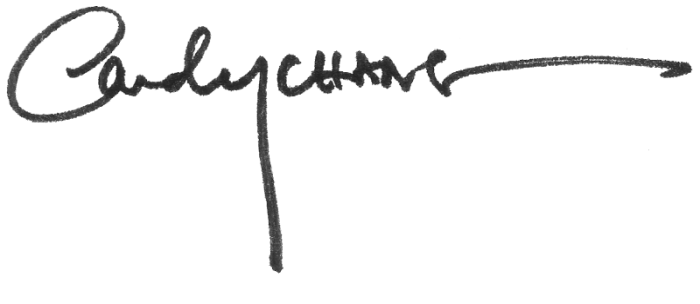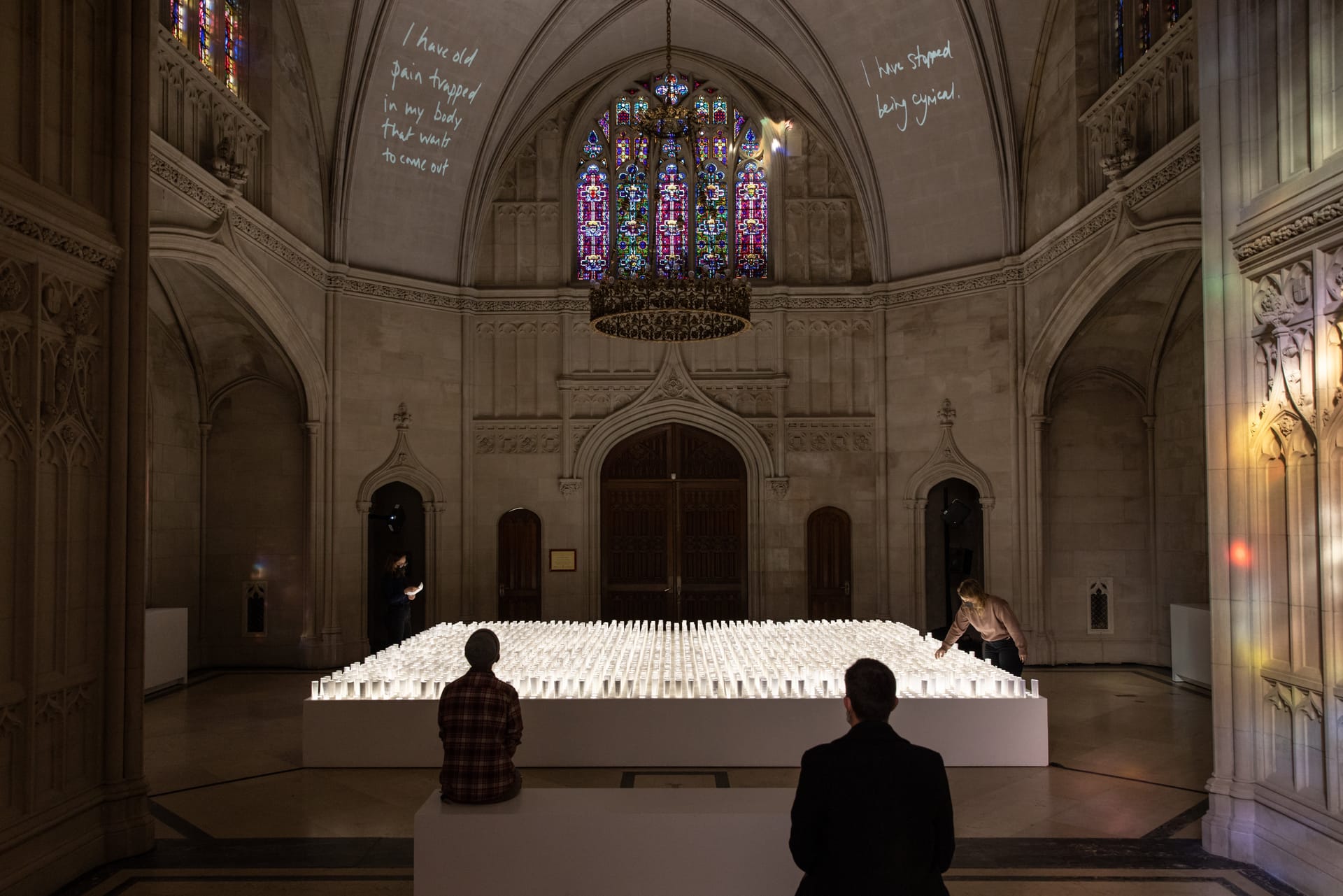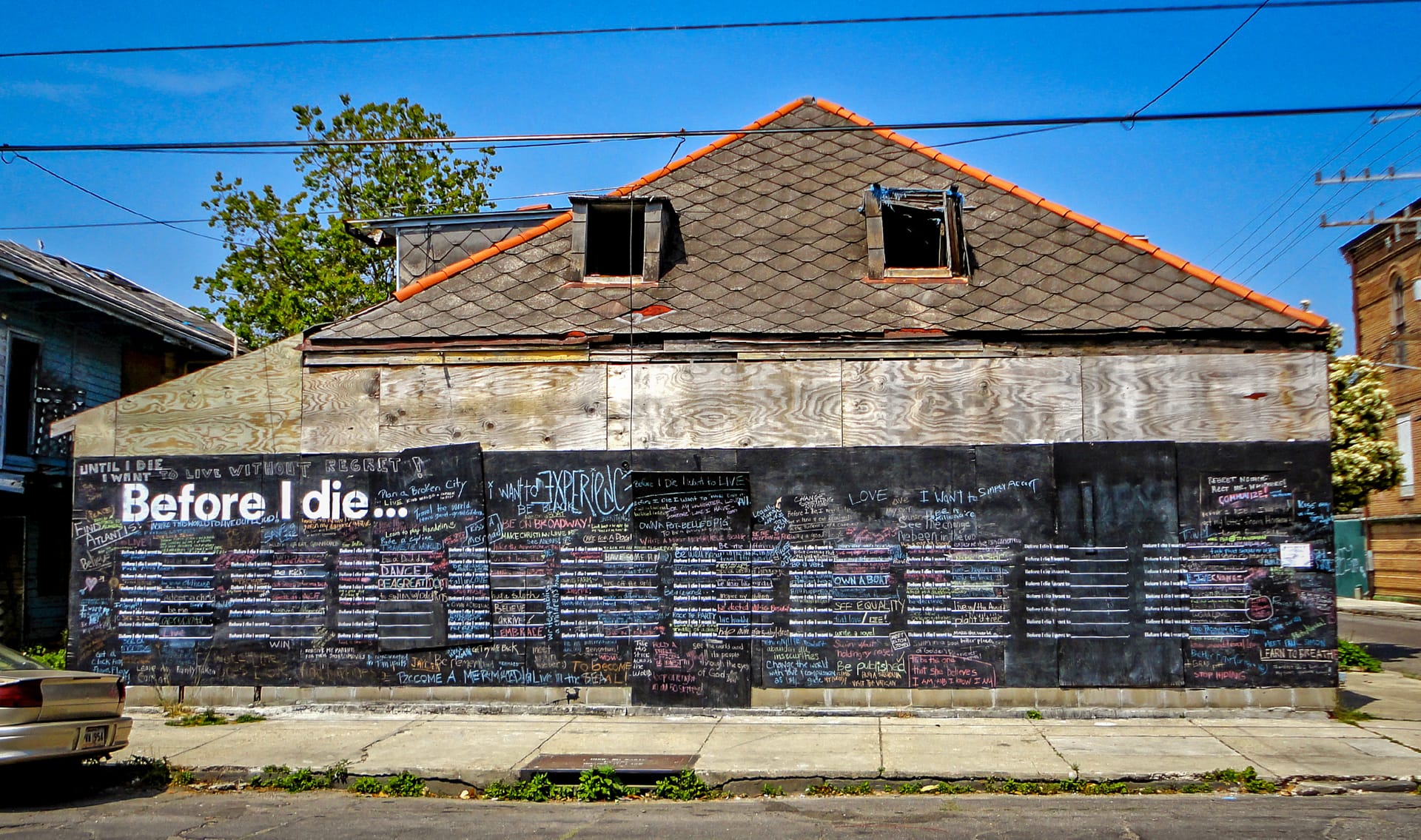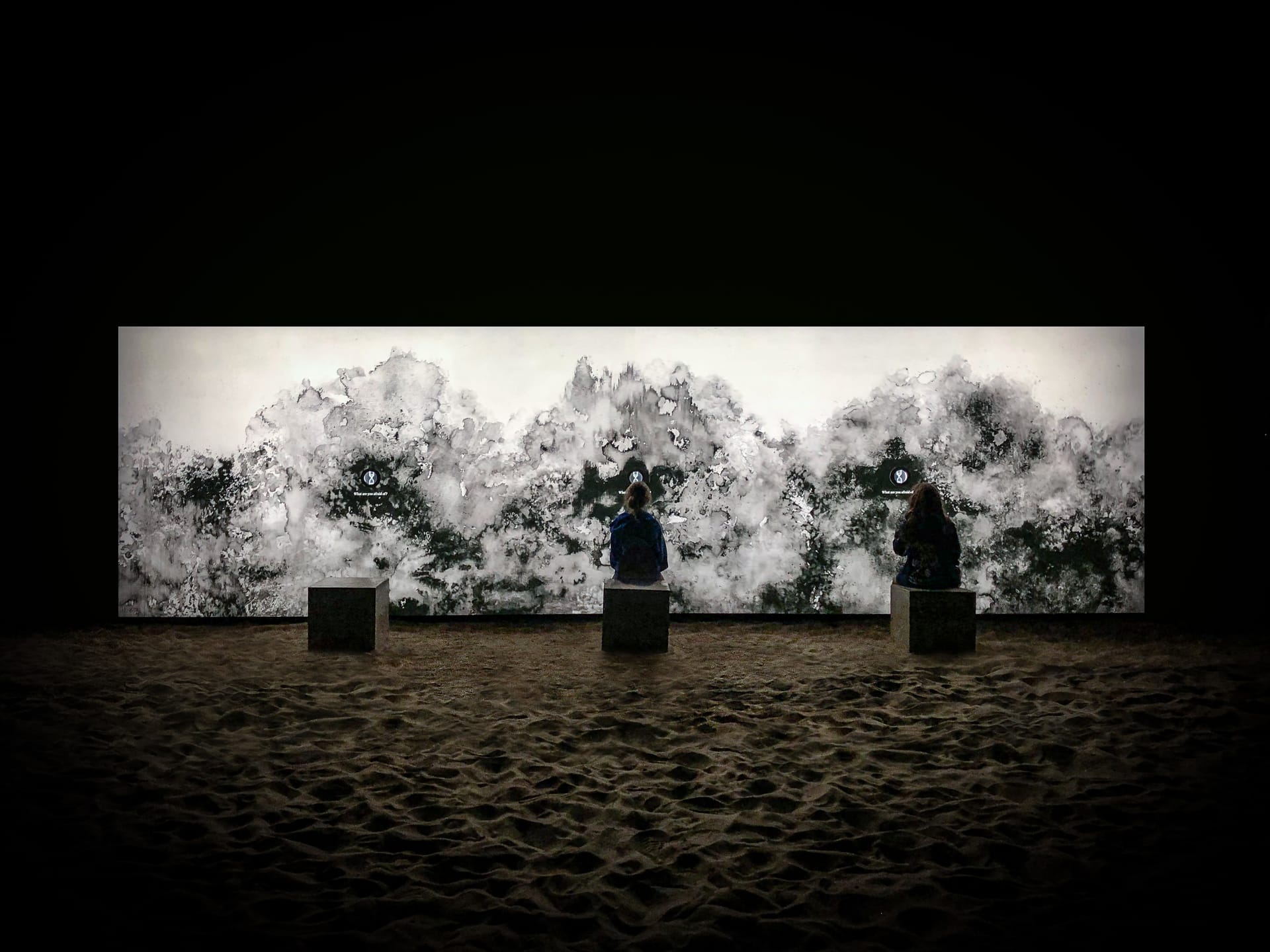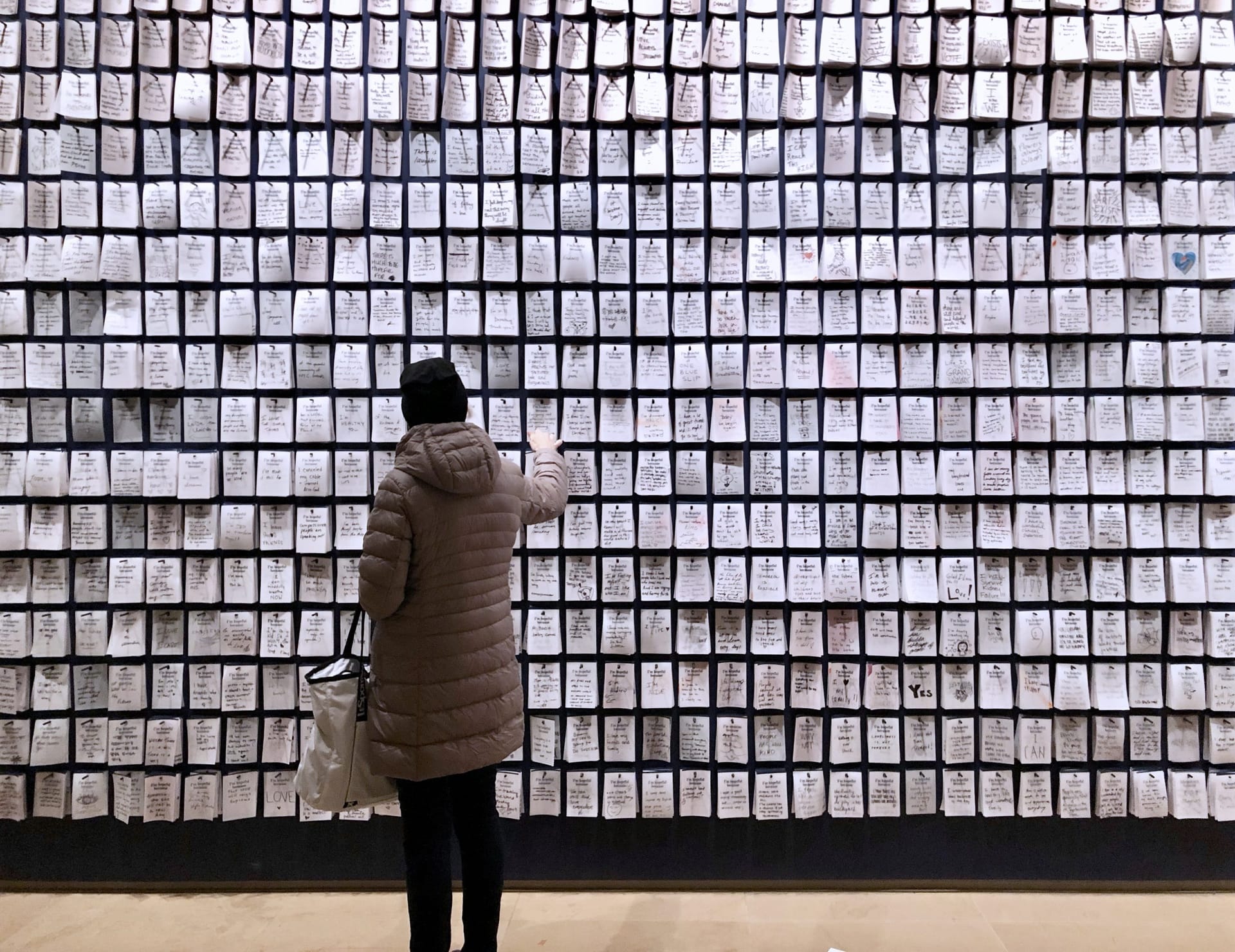Grief Is a Beast
Among the many aspects that determine overall health, emotional wellness is often neglected and taboo to discuss. What if tools to improve our mental health were embedded within the city’s fabric for the public good? One tool that has helped Chang and many others is the I Ching, an ancient text that provides practical wisdom which can be applied to any situation. Inspired by this text, The Atlas of Tomorrow is an interactive mural for self-examination. Passersby are invited to consider a situation in their lives where they seek clarity and spin a six-foot dial to select one of the sixty-four fables along the wall for poetic guidance. The stories and artwork evoke an inner world of archetypes that can help us examine our struggles, behaviors, and opportunities for growth. By reflecting upon this “town in our head,” we might gain new perspective on the role we play in our relationships with others, as well as our relationship with ourselves.
Designed with the idea of art as meditation, The Atlas of Tomorrow consists of over 200,000 dots that were finger painted by Chang and the Philadelphia community. Concept and artwork by Candy Chang; stories written by James A. Reeves. A collaboration with the City of Philadelphia Mural Arts Program, the Department of Behavioral Health and Intellectual Disability Services, and Broad Street Ministry. Featured in the 2016- 2017 exhibition By the People: Designing a Better America at Cooper Hewitt Smithsonian Design Museum.
